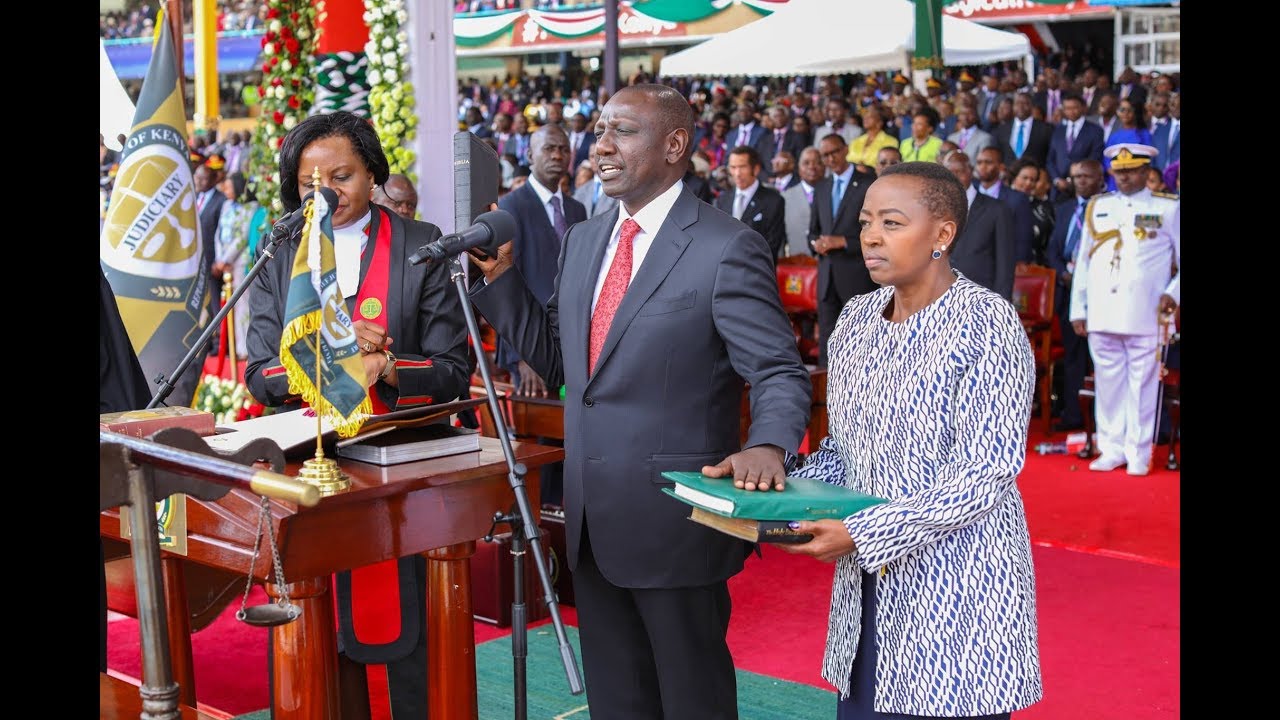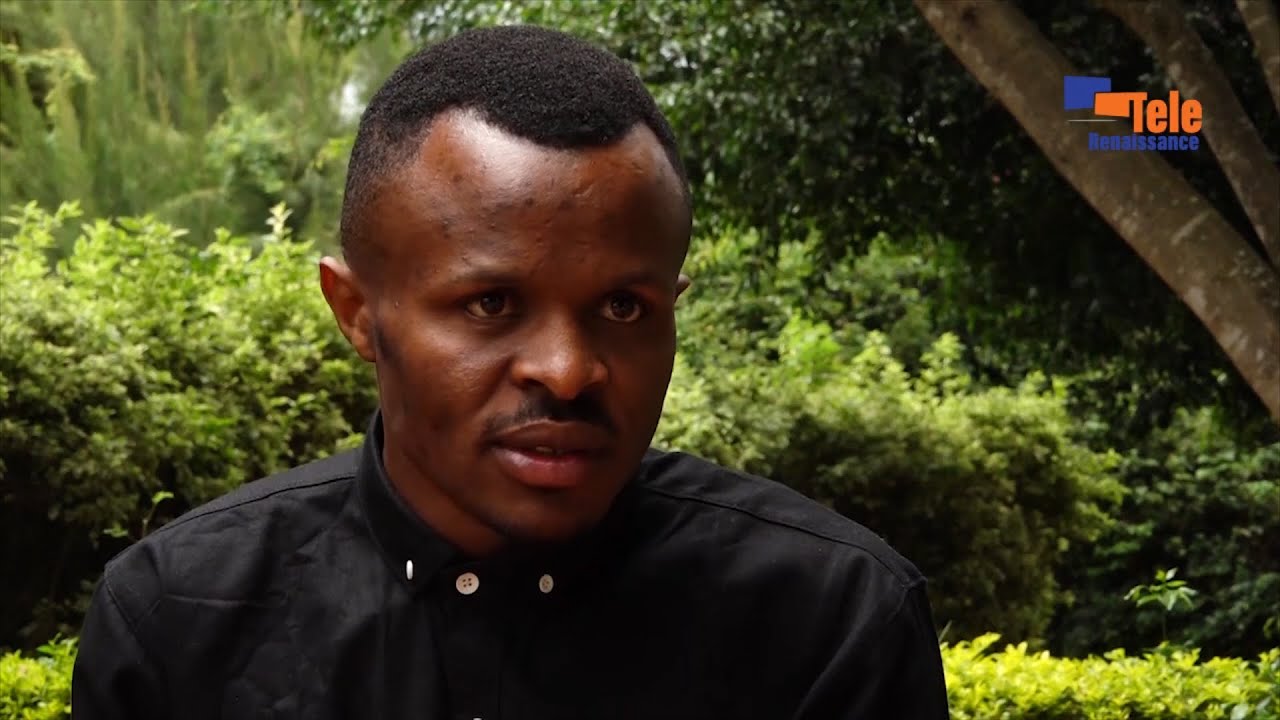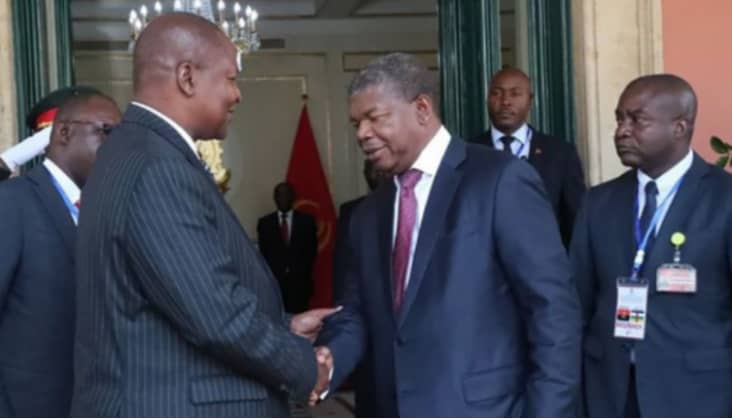Regional
Kenya: Ruto becomes President amid high expectations from Wanainchi

William Ruto was sworn in, on September 13, as the fifth President of
Kenya after a tight race with his challenger, Raila Odinga, and a court battle
where the latter had claimed that his votes were stolen.
Odinga skipped the swearing in ceremony. He still maintains that the election
was not free and fair, and "vehemently"
disagrees with the court ruling that confirmed Ruto’s win.
Ruto made history as the first Kenyan President to make it on first
attempt. However, the honeymoon for Ruto is over. It
is time now to make good of his campaign promises. Expectations are very high among
wanainchi, as Ruto’s campaign promises under the “Hustler Nation” slogan gave hope
to ordinary citizens that things are going to get better – and they will have
more money in their pockets for a better living.
In
his campaign, Ruto promised to tackle a plethora of issues in his first 100
days in office, one of which is the lowering of the cost of living. He pledged to lower the price of maize flour,
a staple food for majority Kenyans, which has hit an all-time high. Many are
waiting to see whether President Ruto will fulfill his promises.
In
his inaugural speech, he said previous attempts by government to subsidize the
price of maize floor failed after spending billions of shillings.
“There was an attempt to subsidize unga in the
run up to the election, a program that gobbled up Ksh 7 billion in one month,
with no impact…”
If Ruto manages to honor this pledge, he will start
his presidential mandate on a positive note by winning the hearts of millions
who are struggling to put food on the table.
As a
new strategy to lower the cost of living while increasing agricultural
production, Ruto announced cutting down the cost of fertilizers, providing good
quality seeds and making other agricultural inputs affordable and available to
the farmers.
“For
the short rain season, we have already made arrangements to make 1.4 million
bags of fertilizer available at Ksh3,500 for a 50kg bag down from the current
Ksh 6,500,” he announced during his inaugural speech.
Although
this strategy may work in the long run, Kenyans expect an immediate solution to
the high cost of living.
There is high expectation for the new government
also to take concrete action to fight corruption which has crippled the Kenyan
economy for decades.
The
outgoing President, Uhuru Kenyatta, in his speech in January 2019, at the
National Anti-Corruption Conference, stressed: “Corruption has become an
accepted way of life. As individuals and as a collective, we have sacrificed
our traditions, customs and values at the altar of materialism. Rather than
shunning those who have made their wealth through illicit means, we celebrate
them, even in places of worship.”
The Corruption Perceptions Index 2021 by
Transparency International (TI) ranks Kenya at 128th out of 180 countries.
Fighting corruption is a big task ahead for Ruto’s
administration.
Constant drought in
Northern Kenya has been a challenge for decades, which has not been addressed
by previous governments. According
to the United Nations Office for the Coordination of Humanitarian Affairs
(OCHA), 3.5 million Kenyans are facing hunger, while more than 1.4 million
animals are believed to have died. Water sources for people and livestock have
become increasingly scarce, forcing families to walk longer distances – herders
often trekking up to 30km to find a water source.
According
to Werner Schultink, the UNICEF Representative in Kenya, by 2017 there was at
least 100,000 children less than five years, needed treatment for severe
malnutrition because of drought. While over 180,000 children are no longer
going to school because there is no water or no school feeding programs.
"Imagine
the impact this will have on their future lives and that of their community if
it persists,” Schultink noted.
On
the other hand, Kenyan northerners are
anxiously waiting to see the formula the new government will use to make a
difference by ensuring food security, and at the same time solve the critical
issue of persistent drought.
Last but not least,
is the question of youth unemployment. Data from
the Kenya National Bureau of Statistics (KNBS) indicate that millions of young
Kenyans are jobless. There is high rate of crime in all regions of Kenya,
particularly in Nairobi, Mombasa, Kisumu, and coastal beach resorts. This is mainly attributed
to the lack of jobs by youth.
In 2020, a
total of 69,645 cases were recorded and the most
common being carjacking, and armed robbery. The capital city, Nairobi, is at
times referred to as “Nairoberry” because of the high rate of crime.
Kenyans are anxiously
waiting to see the miraculous change by Ruto’s government that will give hope
to the youth for a better tomorrow and create a safe and peaceful environment
for all.






